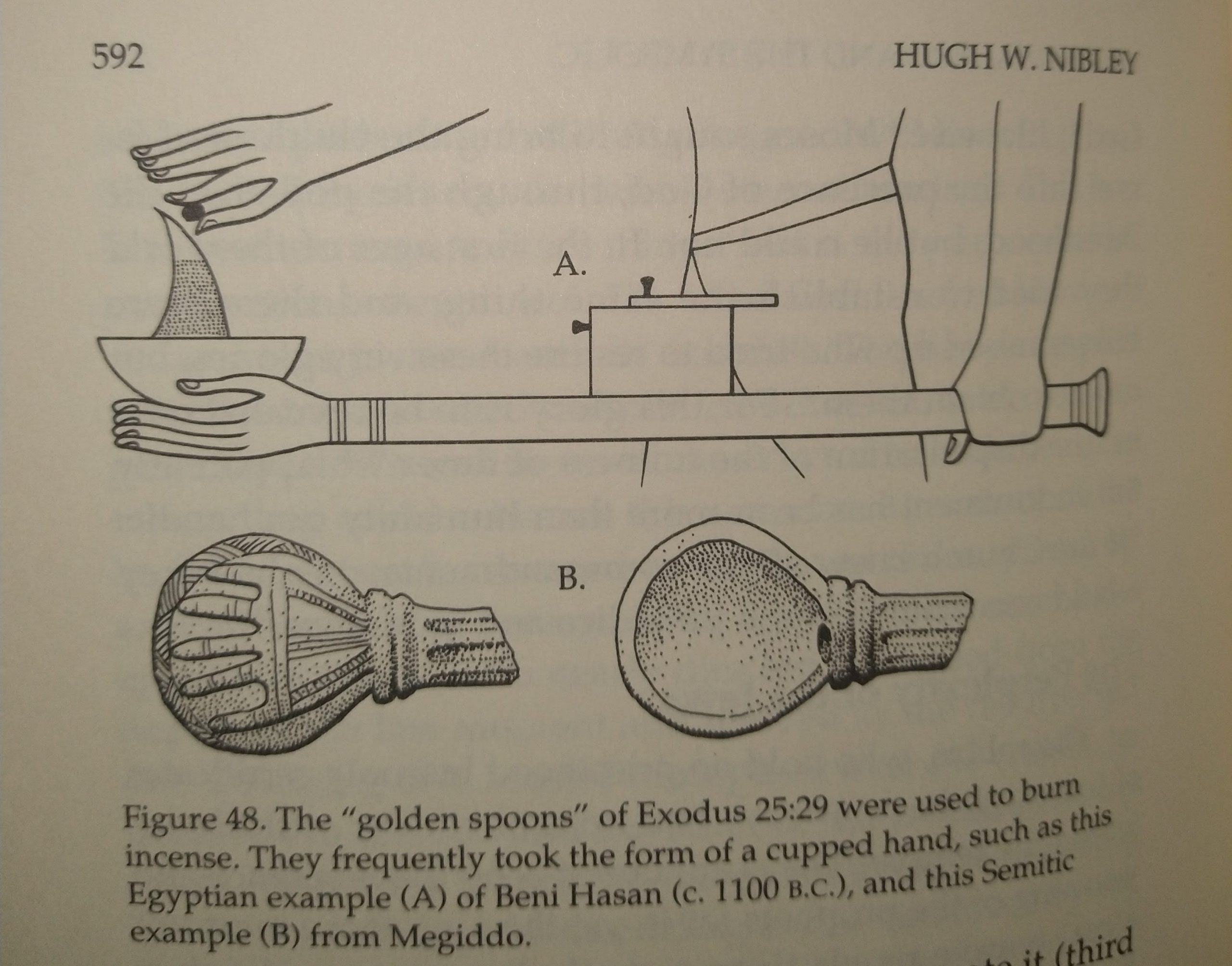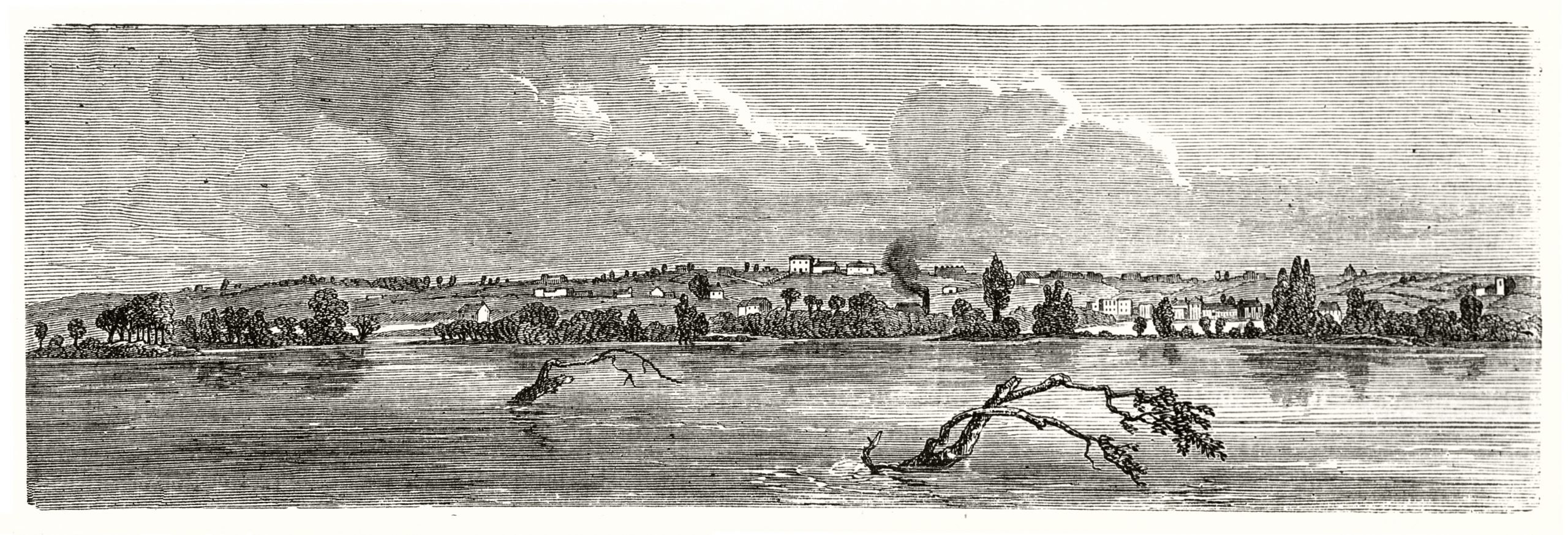D&C 133 – 134
Jason and Nate dive into D&C 133 – 134. Section 133 was supposed to be the concluding section to Doctrine …
Read MoreD&C 129 – 132
Jason and Nate dive into D&C 129 – 132. The first three sections differ from other sections in that they …
Read MoreD&C 125 – 128
Jason tackles this deep dive into D&C 125 – 128. In the first section, we read about the Lord’s message …
Read MoreD&C 121 – 123
Jason takes us on a deep and heavy dive of D&C 121 – 123. This episode is not for the …
Read MoreD&C 115 – 120
Jason and Nate Dive into D&C 115 – 120. First Jason revisits some of the significance of Joseph Smith’s visit …
Read More






